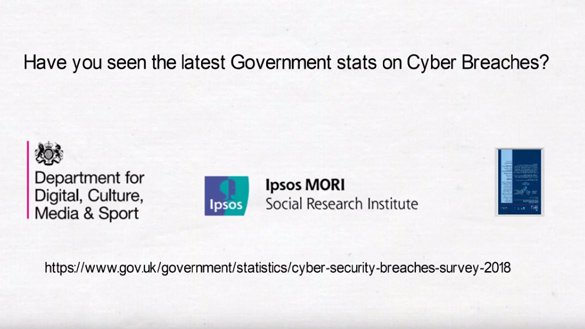
Ransomware Protection Guide
It’s our job at Saepio to understand the latest tactics of miscreants in the cyber world and deliver appropriate protection to our customers. Presently, the most successful widespread and targeted attacks involve intelligent exploits to deliver malware often in the form of ransomware payloads.
Statistics show that 50% of organisations have experienced an infection and in 40% of cases the ransom is paid. It’s a profitable industry, therefore booming. Saepio offer objective advice and effective solutions to combat these threats.
Read more in our Ransomware Protection Guide.

Saepio's Guide to Trusted Access
You need to ensure that only the right people and the right devices have access to your valued systems and data, this becomes even more important if your estate includes public and private cloud applications.
A user name and password are no longer sufficient to ensure integrity of access, Multi-Factor authentication is the first step on the journey, and if you can also ensure that your devices are trusted and behaving then you’re on the right path and Single Sign On solutions move the game on further still.
With access, your users need to be bought in and happy with the controls you implement to ensure the project is a success. Whatever you do needs to be simple to use and not impact your users from doing their day job.
If you are working with a lot of cloud applications and a lot of personal devices, a CASB is recommended. These solutions can protect access and data across a broad area with a single platform.
Read more in Saepio’s Trusted Access Guide.

Incident, Detection and Response Guide
Security monitoring is a hot topic. It’s not ‘if, it’s ‘when’ you’ll face a cyber incident. Do what you can to Prevent, but get out of the dark with security monitoring to Detect incidents and Respond accordingly. If you want to take a proactive approach to security, Saepio’s solutions team encourage you to review Rapid7’s Insight suite of solutions for Vulnerability Management, Logging, Incident Detection & Response and Automation.
Read more in our Incident, Detection and Response Guide.






